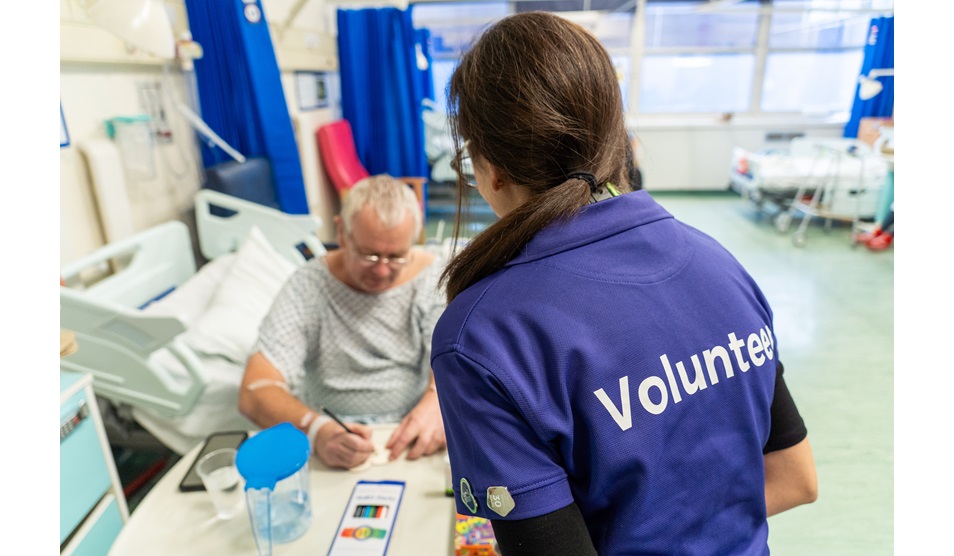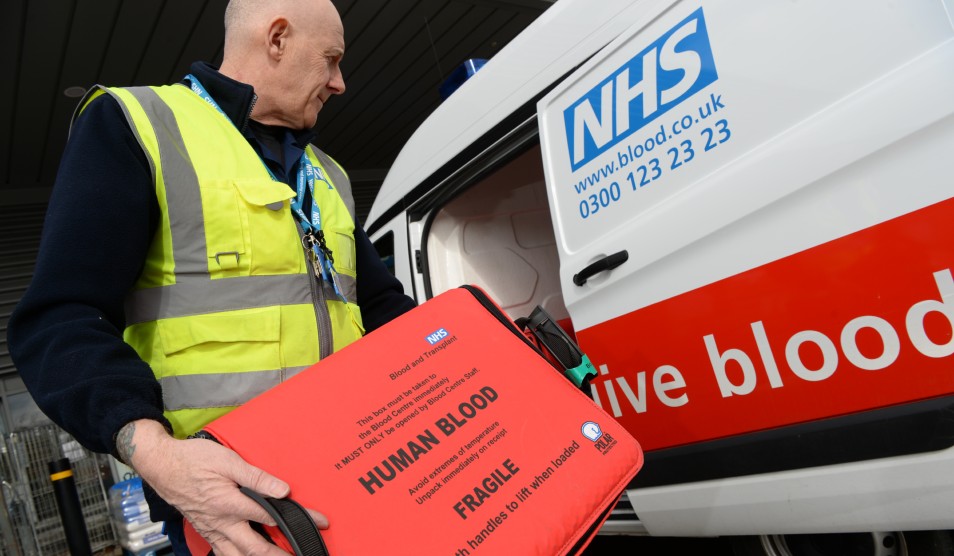Imperial researchers to tackle a rare airway disorder and balance problems
Two allied health professionals have been awarded prestigious research fellowships from the National Institute of Health Research.
Gemma Clunie, clinical specialist speech and language therapist at Imperial College Healthcare NHS Trust, and Rebecca Smith, physiotherapist at Imperial College London, were awarded the NIHR Clinical Doctoral Research Fellowship (CDRF) to carry out studies about a rare airway disorder and balance problems following a head injury.
The CDRF is aimed at allied health professionals, midwives, nurses, pharmacists and healthcare scientists who want to carry out research whilst continuing to develop their clinical skills. The training award offers funding to cover the salary costs, PhD tuition fees and the running costs of a research project. The award also covers costs for training and development.
Dr Caroline Alexander, lead clinical academic within the therapy department of Imperial College Healthcare NHS Trust (ICHT) and adjunct reader at Imperial College London, said: “I want to congratulate Gemma and Rebecca on their clinical academic fellowship. Research is vital to improve standards of patient care and it is important that we offer a wider range of clinical staff opportunities and support to engage in clinical studies. This award from the NIHR will allow Gemma and Rebecca to carry out research that could lead to better outcomes for patients.”
Clunie will use her award to investigate the impact of surgery to correct airway stenosis, a rare condition that causes narrowing of the airways and obstructs the passage of air into the lungs, on the voice and swallowing.
Patients with the condition experience breathing difficulties, problems with voice quality and trouble swallowing food and drinks. Swallowing difficulties can lead to potentially life-threatening pneumonia or malnutrition.
Clunie will work with patients at Charing Cross Hospital, part of Imperial College Healthcare NHS Trust, to look at ways to improve their care in relation to their swallowing and voice difficulties, and devise personalised treatments.
Clunie said: “I am pleased to have received this award from the NIHR which will help develop my clinical and research skills. This award will also allow me to carry out important research on the swallowing and voice difficulties that patients experience as a result of stenosis. My study could benefit patients as we’ll be able to assess the exact nature and extent of their swallowing and voice problems and devise treatments based on their individual needs.”
As part of her award, Smith will carry out a study to improve the assessment and treatment of dizziness following a head injury. Dizziness is a common symptom that can cause many problems for patients and their families, including difficulties returning to work and completing day to day tasks, increased risk of falls, and changes in mood. However, there is no system in place to assess dizziness in head injured patients. Smith will work with staff at St Mary’s Hospital to implement procedures for routine dizziness assessments for head injury patients. As a result patients could be discharged from hospital more quickly and will be less likely to experience falls.
Smith said: “Dizziness following a head injury can have a negative impact on a patient’s quality of life. Currently, there are no procedures in place to assess and treat dizziness within a hospital setting. The aim of my research project is to equip ward staff with the knowledge and skills to assess and treat dizziness after head injury whilst patients are still in the hospital. This could mean better outcomes for patients and less time in hospital.”
Supporting a wider network of clinical staff into research is an example of the education and training opportunities offered by Imperial College Academic Health Science Centre, a partnership between Imperial College London, Imperial College Healthcare NHS Trust, Royal Brompton & Harefield NHS Foundation Trust and Royal Marsden NHS Foundation Trust.
It aims to transform healthcare by turning scientific discoveries into medical advances to benefit local, national and global populations in as fast a timeframe as possible.
More information on support available for research and education and training can be found on the Clinical Academic Training Office (CATO) website.





